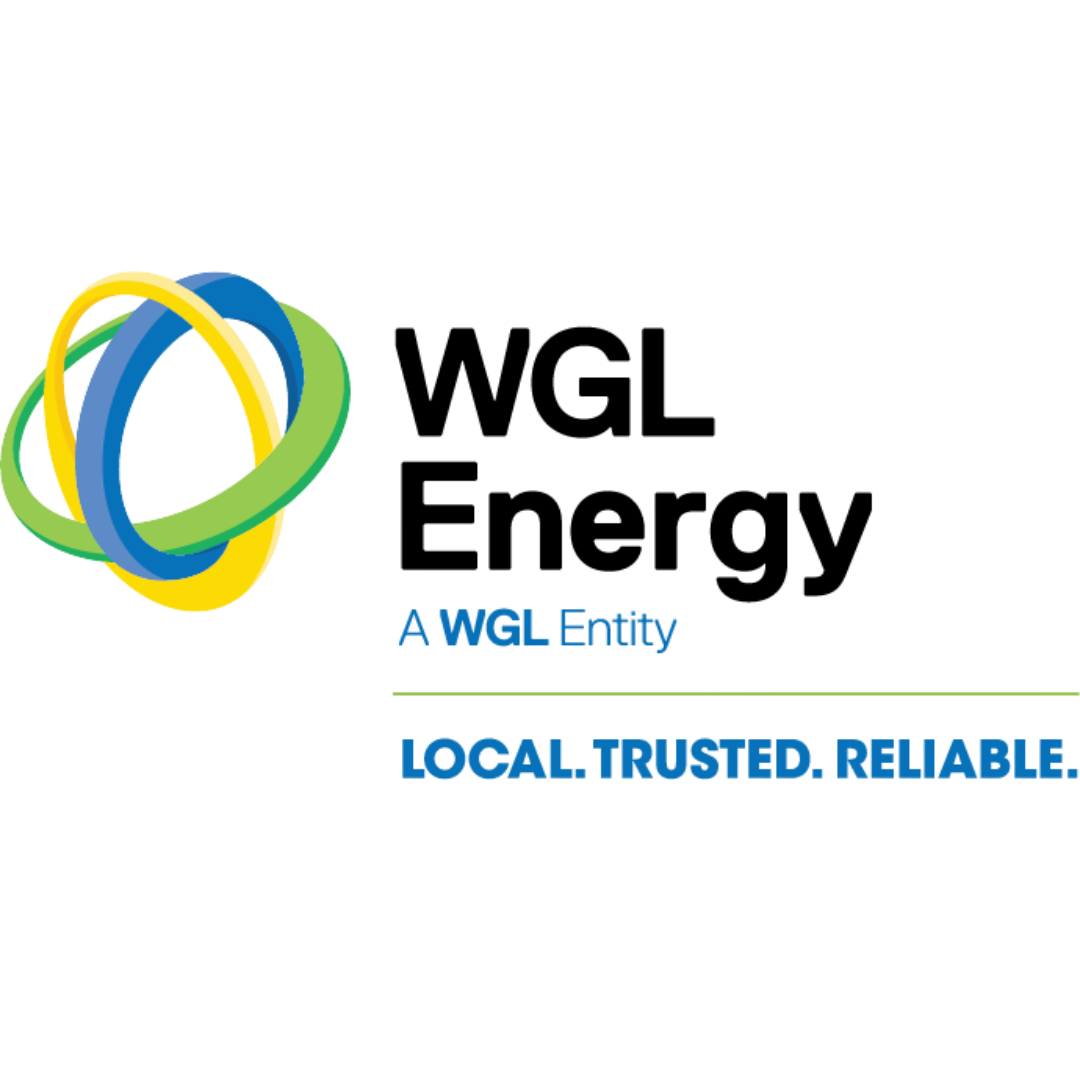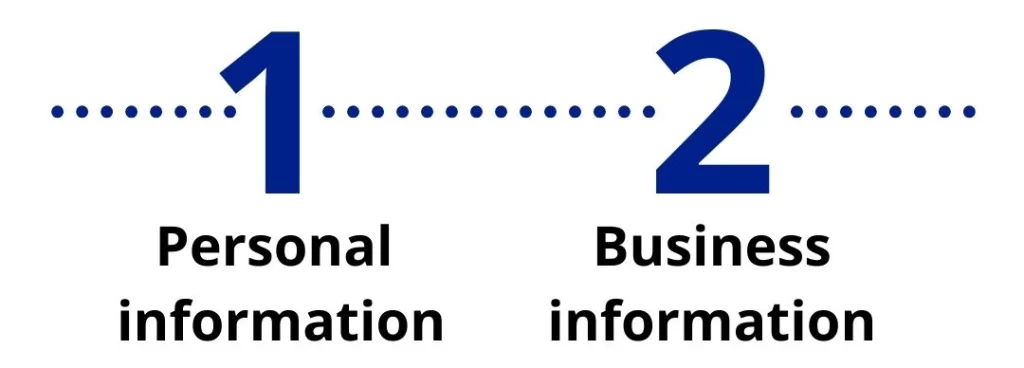Compare Electricity & Natural Gas Rates in Ohio
Finding the right energy supplier shouldn’t be overwhelming. Consumer Energy Solutions can help you get a great rate online in just a few minutes!

Compare Electricity & Natural Gas Rates in Ohio
Finding the right energy supplier shouldn’t be overwhelming. Consumer Energy Solutions can help you get a great rate online in just a few minutes!
Should You Choose a Supplier?
According to a study by Ohio State University and Cleveland State University researchers, Ohioans have saved about $3 billion per year and $23.9 billion in total on their energy bills since 2011, thanks to the state’s deregulated energy market. This doesn’t mean that you are guaranteed to save, that there are no risks, or that everyone should choose a supplier.
It does mean that with proper research, you can save money on your energy bills.
This page goes over everything you’ll need to know to make intelligent energy purchasing decisions.
What to Consider When Shopping for an Electricity or Natural Gas Plan in Ohio
Your Price to Compare
Utilities in Ohio post their electric and natural gas rates so consumers like you know if you are getting a good rate or not. This is called your “price to compare”.
If you are comparing residential pricing on our site, plans that are below your utility’s rate will clearly show it like this:

Fixed Rate or Variable Rate?
A fixed-rate plan, as the name suggests, will have a firm and unchanging price that will last the length of the contract. No matter the weather–hot or cold–severe storms, or even market volatility, the fixed rate will not change for the length of the contract. These contracts are typically for 6, 12, 24, or 36 months, but can go up to 5 years. Fixed-rate energy plans in Ohio are the most commonly used plans, and the plan that we recommend using for most homes and businesses.
Variable-rate plans change month-to-month based on the fluctuations in the market. Because of this, there is a chance for the rate to drop and you will pay less for a period, but there’s also a chance that the rate could go much higher. Factors that can cause this include hotter/colder than expected weather, storms, government regulation/tax changes, or an infrastructure problem. We don’t recommend variable rates for most customers.
Some variable plans offer “introductory rates” which are often much lower than the competition. These plans are never worth it. They are typically low for the first couple months and then skyrocket in price.
Here are 2 examples (1 home and 1 business) of actual customers bills who didn’t know and unfortunately, enrolled with unscrupulous suppliers and were grossly overcharged:


Monthly Recurring Charges
As the name suggests monthly recurring charges (MRC) are fixed monthly charges often between $4.99 and $9.99, but can be as high as $30. Plans with these charges often come with a lower rate, however, the lower rate doesn’t always offset the monthly charge.
Below is an example using real plans from 2 reputable suppliers in Ohio and the average residential kWh used per month:

As you can see Supplier B’s plan is actually cheaper than Supplier A’s even though Supplier A has a “lower” rate.
Cancellation Fees
Some plans will have a cancellation fee or early termination fee. This is totally normal and generally isn’t a problem, especially with shorter plans (6-18 months), but as the plans get longer (24-36 months) it becomes more relevant.
Pricing can change drastically year to year and having the ability to cancel your plan without incurring a large cancellation fee can be important.
How to Switch Electric or Natural Gas Suppliers in Ohio
Residential
Switching electric or natural gas suppliers for your home can be done in 3 simple steps:
1. Compare energy pricing online
Today, brokers like us give you the option to see pricing from top suppliers in your area for free. Simply enter your zip code, choose your electric or natural gas utility to find the energy plans and providers in your area.
2. Enroll
Once you’ve found the plan that best suits your needs, simply fill out the form and submit and you’re done!
3. Set a reminder to renew your contract
Most contracts will auto-renew onto a variable rate once the term is done. So don’t forget to set a reminder to enter a new contract or notify your current supplier that you want to go back to the utility at the end of your term.
Commercial
While you can compare commercial electricity and natural pricing online, it is not something we offer or recommend because pricing is greatly affected by:
- Your load factor and load profile. Not sure what these are? This article explains them in depth.
- Your rate class e.g. commercial, industrial or residential..
- Total annual usage.
- How your business is zoned.
- Transportation costs (specifically for natural gas)
This is why you will almost always get better pricing by going through the process of reaching out to suppliers individually and giving them a copy of your bill. The only downside is that there could be 12+ suppliers in your area that have great pricing, and getting quotes from each can be time consuming.
This is where brokers like us at Consumer Energy Solutions come in. With a copy of your most recent bill we will:
- Analyze your historical usage, rate class, zone, load factor and profile, etc. and use that information to determine what type of contract is best for your business. For most businesses a standard fixed rate is the best option, however, if you have multiple locations, very high usage, are a manufacturer with multiple shifts, etc. there are specialized contracts that can be very beneficial.
- Take this information to get quotes from the top suppliers in your area, leveraging the relationships we’ve built enrolling over 1MM residential and 519k commercial accounts over the past 25 years to get preferential pricing.
Getting a quote from us requires no obligation and is free.
Energy Deregulation in Ohio
In 1997 natural gas services started to become unbundled which separated delivery charges from the cost of the actual gas itself. This process is called deregulation and is what allows customers to choose a supplier.
In 1999, the Ohio General Assembly did the same with the electricity market and by 2001 Senate bill 3 took effect and customers were allowed to enroll with electricity suppliers.
The industry is regulated by the public utilities commission (PUCO) of Ohio. PUCO was created to assure that all residents and businesses have adequate, safe and reliable public utility services at a fair price.
Utility vs Supplier
Utilities are the companies in charge of operating and maintaining the energy infrastructure, such as the wires and pipes used to deliver electricity and natural gas. You cannot change your utility company. Where your house or business is located dictates what utility is responsible for delivering energy to you and maintaining the grid.
Here is a list of the local electric and natural gas utilities in Ohio:
Electric Utilities:
AEP Energy
AES (Dayton Power & Light)
Cleveland Illuminating Company
Duke Energy
Ohio Edison (First Energy)
Toledo Edison (First Energy)
Gas Utilities:
Columbia Gas
Centerpoint Energy
Dominion Energy
Duke Energy
Energy suppliers, sometimes referred to as energy providers in Ohio, such as Direct Energy, Clearview Energy, and Energy Harbor, to name a few, are the competitive energy sellers. These suppliers either generate or buy energy wholesale and then sell it to businesses, homeowners, and renters.
Renewable Energy in Ohio
In 2019 Ohio House Bill 6 passed and set renewable energy standards that require 8.5% of electricity sold by Ohio’s electric distribution utilities or electric services companies must be generated from renewable energy sources by 2026.
This makes it quite easy for consumers to switch to a renewable energy plan in Ohio. When you are comparing plans you can search specifically for renewable options.
Take Control of Your Energy Bills
FAQ
Will I get 2 bills if I switch?
In the majority of cases, no, you will still continue to receive the same bills from your utility company. The only difference is your new supplier will be noted on the bill.
If you are in an area that requires a separate bill, our energy experts will let you know and answer any additional questions.
How long does it take to switch natural gas or electric providers?
Typically it takes between 15 and 45 days for your utility company to process your supplier change. This means it can take 1 to 2 billing cycles.
Could my business lose power or natural gas supply during the switch?
No. Your utility will always remain responsible for delivering energy to your business. Your utility will simply start delivering energy from your new supplier, so this will never interrupt the flow of energy to your business.






















